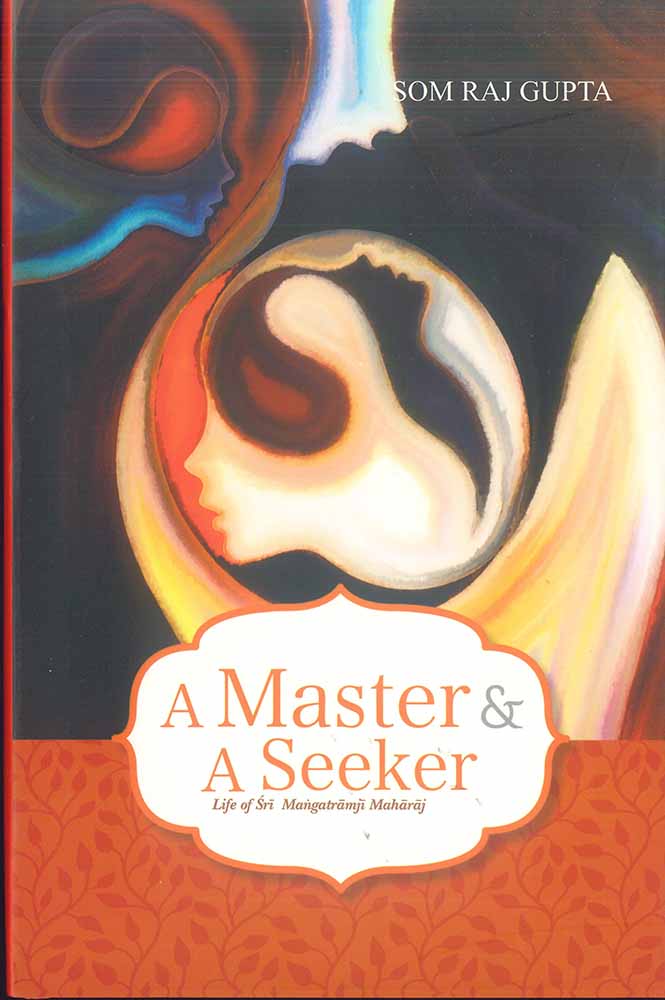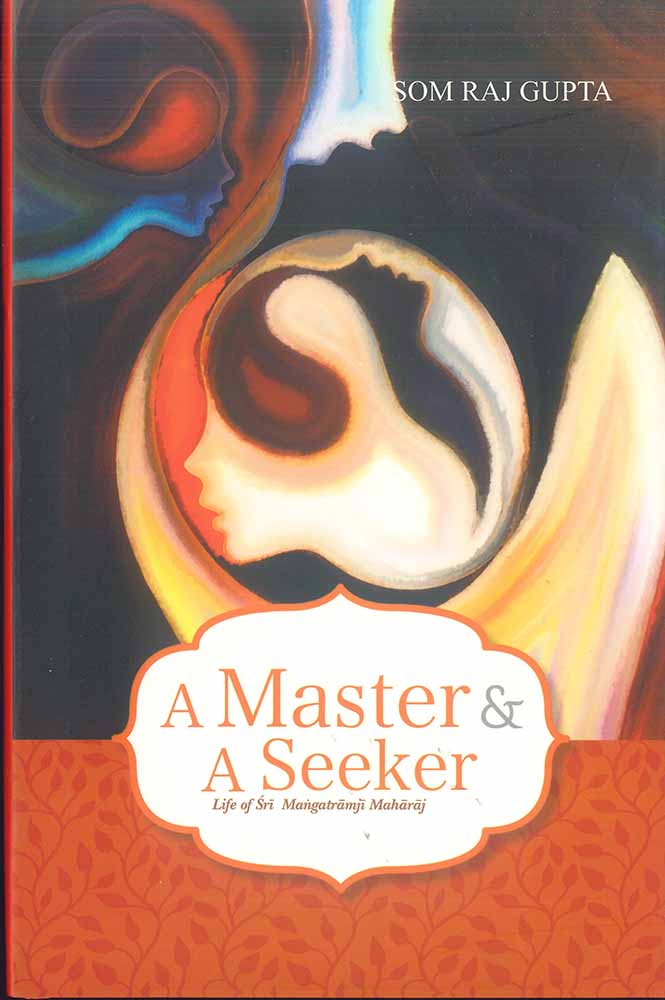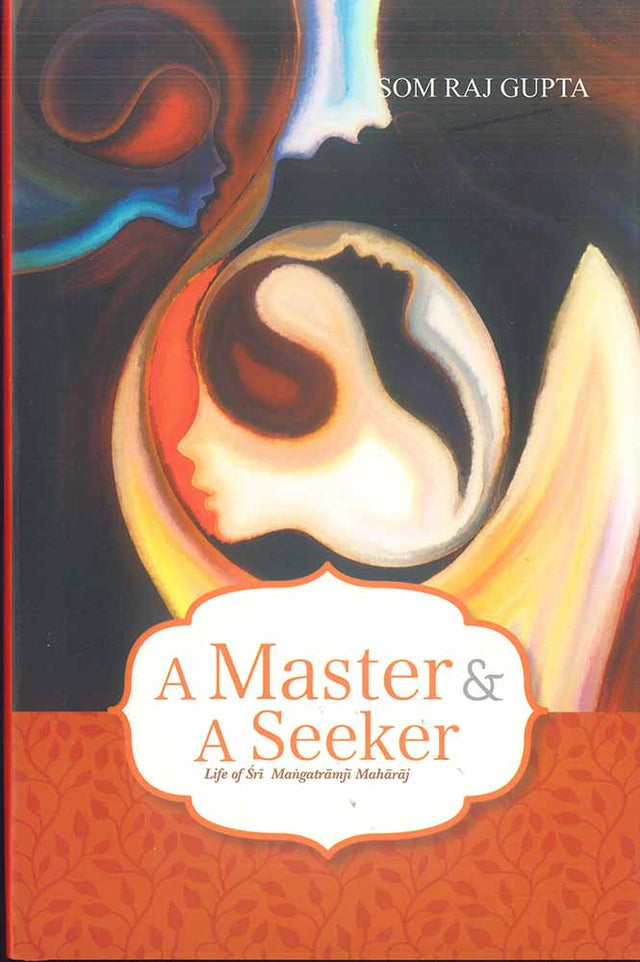
A Master & A Seeker is backordered and will ship as soon as it is back in stock.
To celebrate himself is the credo of man today, his article of faith as it were. He would not submit to Mother Nature, he would rather make her and her creation obey him, creation the inert no less than creation the living. This creature of the Universe would be its Sole Master, if Not its Maker. Humanity in the pre-scientific age would master Nature with its prayers and good karmas, its good actions. Humanity of today would master the Universe with its knowledge and power. The two dispositions are the same in respect of being ego-centric, rather man-centric. They forget that Man is not a mere adhyatmika (human) being, he is also an adhibhautika (cosmic) and an adhidaivika (divine) being, the latter two being the constituitive others of the former as the former is of the latter two. And, what is more, there is also an urge in himto transcend these cosmotheandric dimensions of his being. As man's being is cosmotheandric, so is his pain, his suffering and his tragedy. That tragedy will not end unless and until this cosmotheandric being comes to its end, unless and until this seeming beauty, this freedom and this ecstasy comes to be extinct, this is our fall the ultimate. As for our obsession with humanism, it will bring us only ruin and destruction. The Subject of this biography (1903-1954) gave this prophetic message long ago. Are we in a position to pay heed to his call or have we, in our arrogance, already lost the opportune moment? Has our beastly oblivion already lost the opportune moment? Has our beastly oblivion already decided our fate? A direct disciple of the Master, Som Raj Gupta (Retd. Associate Professor of English, Kirori Mal College, Delhi University) is the author of The Word Speaks to the Faustian Man, a modern contemplation on the Prasthanatrayi. Five volumes comprising the Upanishadic part of the series have already been published. His other publications include The Radiant Sameness: Satpurusa Mangatramji's Samtavilasa; and Mere Gurudeva Ji
About the Author:
SOM RAJ GUPTA The Word Speaks to the Faustian Man highlights the conceptual and existential relevance of Sankara Vedanta for contemporary man. The seven-volume work is addressed to philosophers, to artists, to culture critics and above all, to those men and women for who distinction like. meaning and nonmeaning, reality and appearance, fall and redemption have ceased to have much appeal.
-
Pages
-
Edition
-
Size
-
Condition
-
Weight (kg)
-
Publication Year
-
Country of Origin
-
Territorial Rights
-
Reading Age
-
HSN Code
-
Publisher




